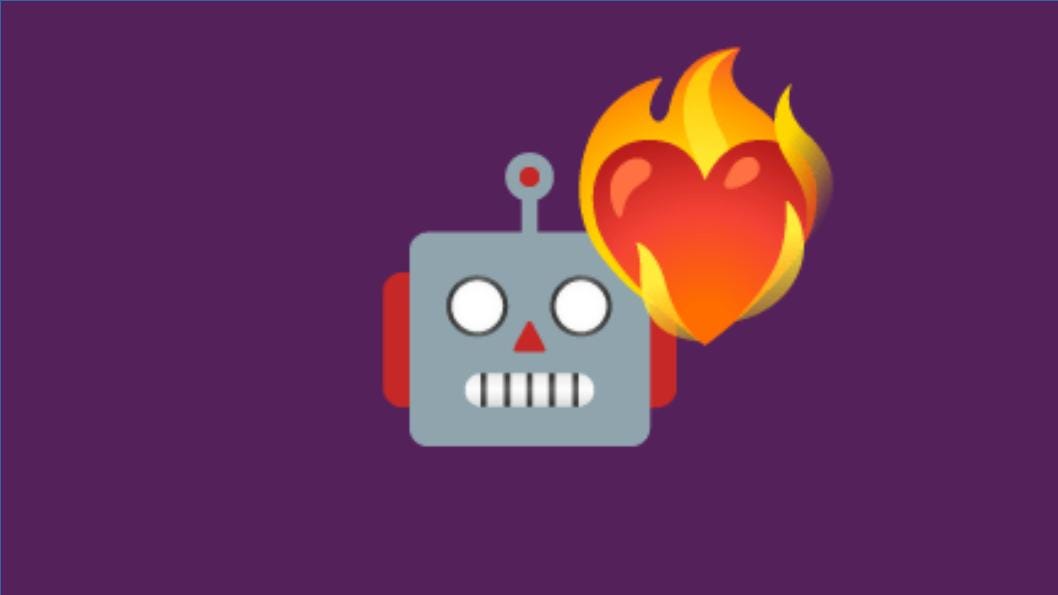Your computer will never love you
On a baby's cries, blood transfusions, and why artificial intelligence will never be a substitute for human love
Evolution can't be "smart", since it isn't a sentient being; it's only a process. But as a process, evolution does act as a powerful mechanism for sorting. And for hundreds of thousands of years, evolution has been sorting human behavior.
■ It takes a colossal amount of hubris for a person to think that they've outsmarted the results of evolution. We certainly try to beat it all the time: Every time a person undergoes surgery, we're trying to win a bout of hand-to-hand combat with natural selection. Every vaccine dose, bite of fortified food, or blood transfusion is an act using human knowledge to press back against the natural forces that would otherwise take us out.
■ But along comes one Alexandr Wang, an artificial-intelligence company executive who proclaims, "[I] have a pretty strong belief that a meaningful percentage of kids born today will end up being botsexual." What's that? "[B]eing primarily sexually attracted to AI", he writes.
■ Wang has been hailed in a mainstream media profile as a self-made billionaire whose company "helps businesses deal with the data preparation needed to train AI systems". Thus it's no surprise he has great faith in artificial intelligence. But imagine having such a high opinion of an invention that you believe that it will overcome the deepest primal forces of nature.
■ The human drive to understand and to be understood by others is overwhelming. It starts at the most basic of levels: We begin to bond with other humans from the instant of birth. A baby cries because it seeks attention for its needs, responds to tone of voice in the first months of life, and smiles as a social cue in its first hundred days of life.
■ The desire for human interaction, affection, and touch has no technological substitute. And it won't on any timeline that doesn't span hundreds of generations at least. Children develop playground crushes in preschool, long before they can even conceive of romantic love; that's how fundamental and instinctive the drive for interpersonal connection is.
■ To think that human beings will invent machines that can substitute for that drive -- so much that it would affect birth rates, as Wang claims -- is positively ludicrous. Artificial intelligence can and will do a lot. A handful of people will, in fact, find what they experience as "love" with AI, just as a handful of people express attraction to other inanimate objects. But the canon of the world's literature -- from its earliest beginnings -- tells of quest after quest to be understood and loved, not by machines, animals, or nature, but by other people.
■ AI can't leapfrog evolutionary selection among human beings, and its proponents need to grasp how preposterous they sound when they imagine they are equipped with god-like superpowers. Our tools just aren't that smart. To foretell of "botsexuals" is the kind of bold, wrong pronouncement a person makes when they are overconfident in their own technological mastery and ignorant of the humanities.
Not a hunk of burning love



